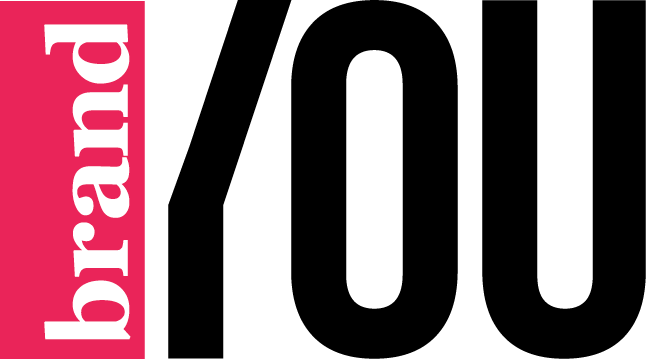Trademark v Copyright: What’s the difference?
When you first start a business, there are so many overwhelming decisions to make. You need to come up with a catchy name, a cool logo and a list of unique products or services. It’s tough!
However, something that often gets placed in the ‘too hard’ basket (which definitely should NOT be there) is how you are going to legally protect all of your hard work.
When deciding on the best way to protect your intellectual property, there are two really good options to consider: copyright protection and registering a trade mark.
In this blog, we explain the difference between the two so you can set your business up for success.
COPYRIGHT
What is it?
Copyright is a form of intellectual property protection that provides creators with the right to exclusively control and use the original work they have created.
What type of work is protected by copyright?
- Videos. Copyright is perfect for a course creator who spends 283080 hours creating and recording webinars for their audience.
- Artwork. Protecting works of art through copyright is a thing if painting, graphic design or illustration is your jam.
- Photographs. Snappers can protect their shots through copyright.
- Written material. Copyright looks after those who write books, blog posts, guides, templates and checklists too.
- Sound recordings. If you are into music, podcasting, sound grabbing or recording farts for a living (why not?), then you can protect your tunes through copyright.
- Performance work. Think plays or dance routines.
What rights do I have if I have copyright protection?
Imagine that you’re a wedding photographer who has snapped a fabulous wedding in Tuscany. You’re proud of your shots and post them to your business’ social media accounts.
Copyright protection means that you have the right to control where your snaps are used (in other words, people need to ask you for permission before they use them) and prevents sneaky copycats from passing your work off as their own. If they do not do this and infringe on your copyright, you can take legal action against them.
Does it cost me anything to copyright my work?
Nope! In Australia, it is free!
How long does copyright over my work last for?
The great news is that it lasts for your entire lifetime as well as 70 years after your death. Warning: This only applies if you have created original work since January 2005.
Can I use the © automatically?
Sure can! You are not required to use it but it is a good way to prevent copycats from being sneaky.
TRADE MARKS
What is it?
A trade mark is a way to differentiate one business’ set of goods or services from another business’.
What can a trade mark include?
- Words/phrases like the McDonald’s phrase “I’m loving it”. Doesn’t that phrase make you want a cheeseburger?
- Packaging. Pals, have you ever been to Tiffany & Co? Their signature blue box and paper have been trade marked.
- Colours. Cadbury have a trade mark over their shade of purple.
- Logos/images. Typing away on an Apple iPhone right now? (Wait, you’re reading this blog so probably not.) That Apple logo stamped on the back has a trade mark on it.
- Shapes like the Toblerone chocolate bar.
- Sounds. Have you ever heard the “Happy Little Vegemites” song? Do yourself a favour and listen to the trade marked song here. It’s an Aussie staple.
- Scents. Do your kids play with Playdoh? Fun fact: Hasbro cleverly trade marked the scent.
I have registered a trade mark. What rights do I have?
If you register a trade mark over your business, it can mean MASSIVE things for your brand like:
- Using your trade mark in whatever way you want. This means that you have complete control over how you market your brand.
- Licensing your trade mark to other businesses. If you come up with a snazzy product, you can distribute it to other manufacturers, distributors or franchisees to make some serious cash. Note: Without a registered trade mark, it is more difficult for you to do this.
- Selling your trade mark. You may not want to sell your business now, but think big! If you do sell, one of the first questions that you will be asked is what registered trade marks you have. By having one registered, it shows a purchaser that you do things right. The trade mark will eventually form part of any business valuation if you decide to sell in the future.
- Protecting you from copycats. When you have registered a trade mark, you have the right to take legal action against copycats. It will also deter your competitors from choosing the same or a similar trade mark.
How do I register a trade mark?
Good question! You can ping us for more information here.
If I have a trade mark, can I use the ® symbol or the ™ symbol?
You can only use the ® symbol only if you have registered the trade mark through IP Australia. You can find out more about that process here.
If you do not register your trade mark through IP Australia, your trade mark is still protected through common law – but it’s a lot harder and more expensive to protect against infringement.
Having read all of that, are you crystal clear on whether trade mark registration is perfect for your business? Great news. Away you go!
If not, don’t worry. This stuff is a lot to get your head around so give us a holla!
***Disclaimer. Please read!!***
This article is for general information purposes only and should be used solely as general guidance. It does not and is not intended to represent legal advice or other professional advice.

